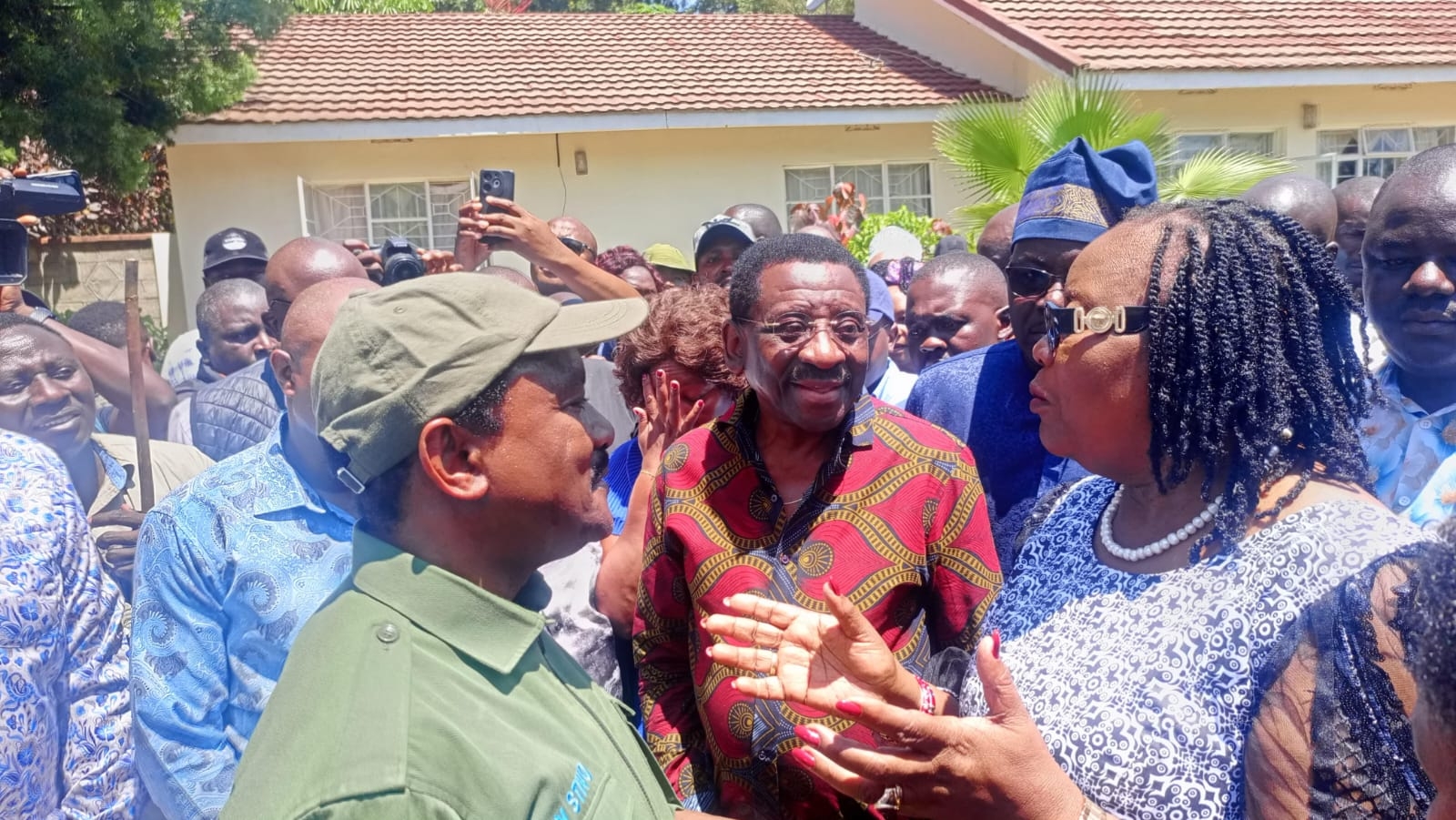In his book Until we have won our liberty: South Africa after apartheid, Evan Lieberman contends that South Africa has successfully pursued dignified development and material growth along with a respect for the rights and inherent equality of people and, has built a robust set of democratic practices. South Africa has been, time and again, applauded as a mature constitutional democracy in Africa.
Last week, South Africa became the first country to file a suit against Israel at the International Court of Justice in The Hague, ramping up international pressure on Tel Aviv to stop the deadly and relentless bombardment of the Gaza Strip.
The bombardment was launched after October 7 last year and has killed more than 22,000 civilians, a significant number of them children.
The move is the latest in a long list of actions that Pretoria has taken since the start of the war on Gaza. It has loudly and persistently condemned Israel’s attacks on Gaza and the West Bank, recalled its ambassador from Israel, referred the suffering of Palestinians to the International Criminal Court and called for an extraordinary meeting of BRICS countries to deliberate the conflict.
The ICC, according to provisions of the Rome Statute, takes on cases of alleged crimes committed by individuals, not states.
In its 84-page suit, South Africa has accused Israel of committing genocide in Gaza, in violation of the 1948 Genocide Convention. Genocidal actions listed in the suit include the killing of Palestinians in Gaza in large numbers, especially children; the destruction of their homes; their expulsion and displacement; as well as enforcing a blockade on food, water and medical assistance to the Strip.
They also include the imposition of measures preventing Palestinian births by destroying essential health services crucial for the survival of pregnant women and babies.
South Africa has also specially requested that the ICJ move urgently to prevent Israel from committing further crimes in the strip — likely by issuing an order for Tel Aviv to halt its invasion. That request will be prioritised, the ICJ said in a statement, but did not specify a timeline. Although the suit in ICJ may take time before determination, it will be a swift way of reducing the atrocities committed in Gaza by Israel.
South Africa is an example of a country borne from darkness but eventually realised light. From apartheid to the freedom of its people in 1994. This is in comparison to Kenya from the years after Independence to the promulgation and enactment of the new Constitution in 2010.
Notably, since the end of apartheid in 1994, South Africa has been regarded as a proponent of human rights and a leader on the African continent. Lately, it should be regarded as a human rights leader globally.
To achieve what South Africa has achieved in the few years after apartheid, Kenya should ensure democratic values and practices remain deeply rooted, and progress toward open, transparent governance is hastened.
Kenya has to be ready to stand tall and defend against human rights violations internationally through the set-out international law frameworks. However, as charity begins at home, human rights should first be championed in Kenya as this will gear up the regional and international protections.
Kenya should strive to strengthen effective judicial systems independent from the whims of political leaders which would influence court decisions. Independence of the Judiciary is key to constitutional democracy, as this would ensure separation of powers and promote checks and balances.
An independent Judiciary is essential to upholding the rule of law. Additionally, like South Africa, growing a vibrant and strong civil society would facilitate the protection of individual civil, political, economic and social rights.
Many legal scholars have argued on the similarities of South Africa’s and Kenya’s constitutions. Many opine that the latter one was derived, wholly, from the former's constitution. The difference now remains in the implementation of both constitutions. Kenya, therefore, should also emulate how South Africa has protected and implemented its constitution.
Law student at Mount Kenya University. [email protected] | @ClintonNturibi


















